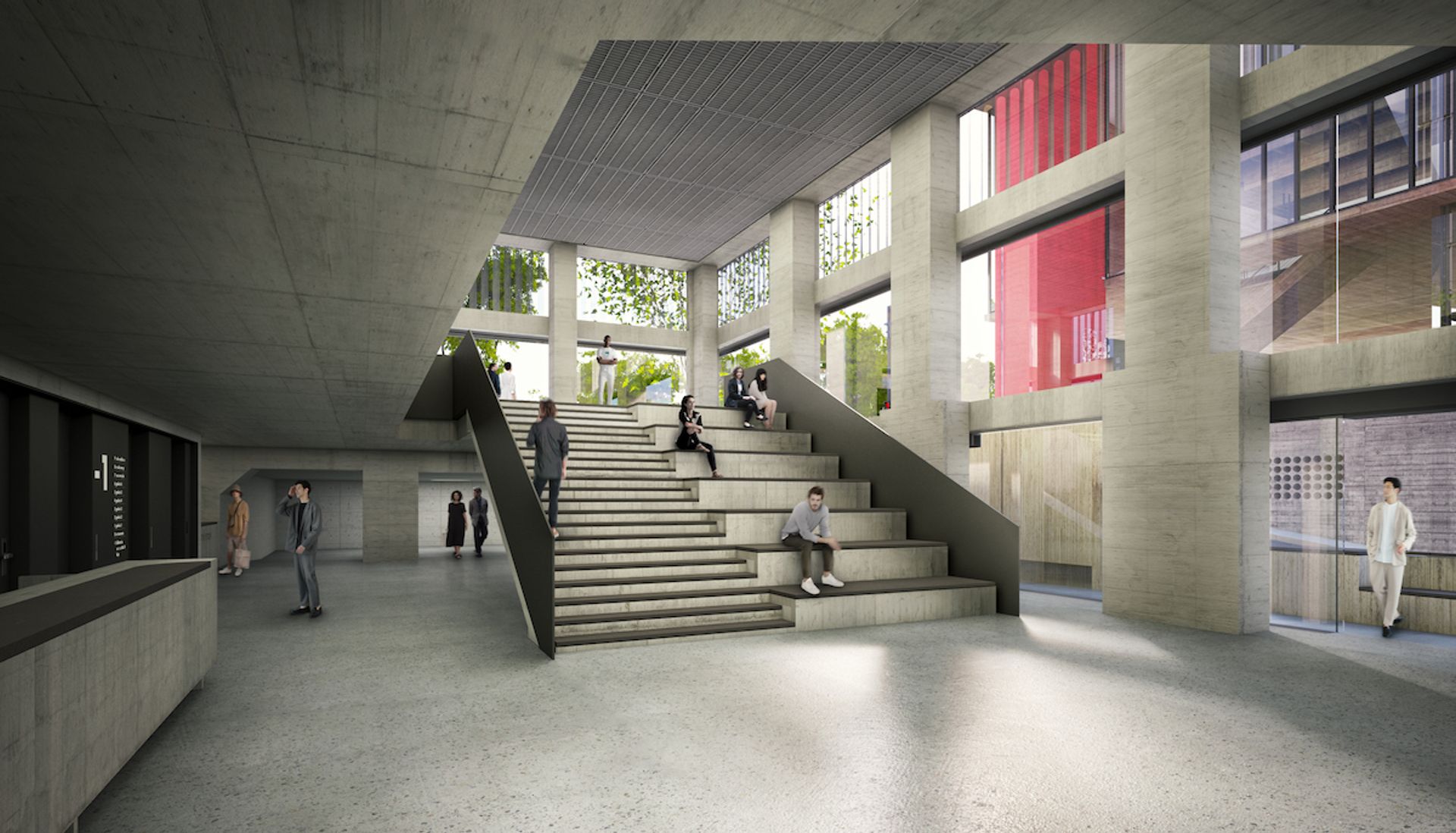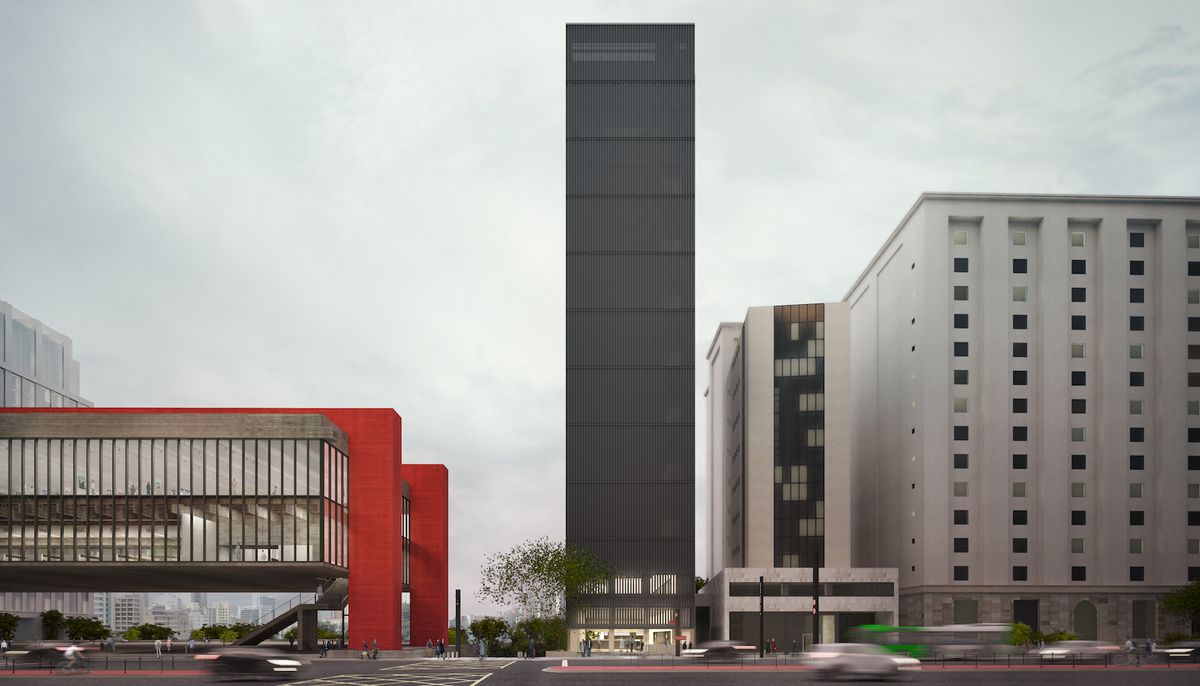The Museu de Arte de São Paulo Assis Chateaubriand (Masp) has announced a $33m (R$180m) expansion project that will connect its existing space with an adjacent 14-floor building via an underground tunnel. The new building will add around 75,000 sq. ft to the museum and feature seven galleries spanning 28,000 sq. ft. It will also include restoration laboratories, classrooms, administrative offices and a restaurant, and is expected to be unveiled in 2024.
The Italian-Brazilian architect Lina Bo Bardi was commissioned to design Masp in the late 1940s. Her husband, the writer and curator Pietro Maria Bardi, was appointed the first director of the museum, which was inaugurated in 1968. As part of the expansion project, the original building will be renamed after Lina, while the new building will be named to honour Pietro.
Masp currently has the capacity to display around 1% of its 11,000-piece collection, which “has been growing” in the last decade, according to Adriano Pedrosa, the museum’s artistic director. “Our plan is for the Lina building to be dedicated to the exhibition of works that belong to the permanent collection, and for the new galleries to be occupied with temporary exhibitions with state-of-the-art fixtures.”

Rendering of the underground tunnel that will connect the two buildings and contain a ticket counter Courtesy Museu de Arte de São Paulo Assis Chateaubriand
The project will be financed through private donations, without tax incentives, and will not seek federal contributions, including aid from the Rouanet Law, a federal funding scheme that supports cultural projects in Brazil and has been slashed during the tenure of the Brazilian president Jair Bolsonaro. It marks one of the “largest philanthropic operations in Brazil”, according to Ronaldo Cezar Coelho, the president of the committee overseeing the expansion.
The project is co-authored by the architect Júlio Neves, the president of the museum from 1995 to 2009 who first conceived the project and purchased the building in the 2000s, and the architecture firm Metro Arquitetos Associados, which has collaborated with the museum in several exhibitions, including the acclaimed Histórias afro-atlânticas (Afro-Atlantic Histories) in 2018.


